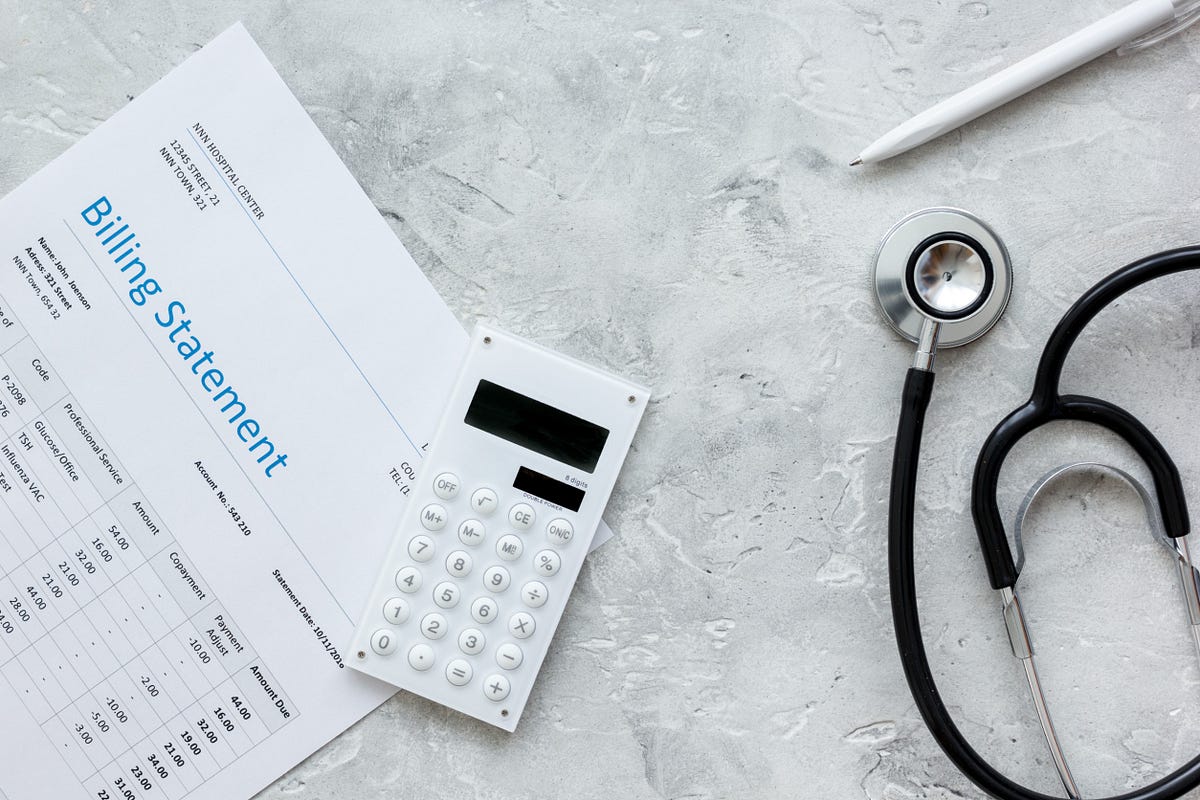Chicanery Is in Healthcare, and It?s in the Charges, Usually

Carefully examining any invoice for services or tests or anything else is a practice everyone needs to engage in, even when it’s in healthcare.
Healthcare is a necessary part of life and the fees paid for it and the health insurance we also need can sometimes be unremarkable or shocking. Should we always assume that any bill, whether for healthcare or fixing our TV, is accurate and pay it? The answer here is probably “no.” Everyone makes mistakes, but some “mistakes” are purposeful, so we must evaluate all bills carefully. Let me provide an example.
I’ve worked in healthcare for many decades and heard some billing charges that shocked patients. A young physician, well-respected at his hospital and involved in research that was bringing millions of dollars in grants to the institution, was enjoying a weekend at a friend’s suburban retreat when he experienced severe chest pain. All the signs pointed to a heart attack. He was rushed to a well-known major hospital.
After days of tests, lying in bed much of the time, it was decided he had strained a chest muscle (he’d been chopping wood), and his heart was fine. A few weeks later, the bill came, and, out of idle curiosity, he read it carefully and discovered tests he had never had at the hospital. When we discussed it, he said, “I’m a physician, and I know what tests were administered, and that one wasn’t one of them.” What did he do?
The next day, he called the billing office to dispute the charge and have the bill corrected, which didn’t happen. Weeks and many phone calls followed, with the physician speaking to supervisor after supervisor, telling them he was a physician and knew the bill was incorrect. Months passed until one day, a woman at the billing center said to him, “Doctor, just pay the bill.” In effect, she advised him that it wouldn’t go in his desired direction. He paid. It reminded him, he told me, like the old joke some people know about “Sam, pay the $2.”
Another healthcare professional friend told me yet another story about a hospital in a different state. She was a board member overseeing hospital finances and was gobsmacked when the finance executive outlined how they charged for meals. “We charge for six meals for every patient,” he said without any indication of discomfort. Six meals for each patient? Didn’t anyone question that? Obviously, no one ever did, and the practice went on without a hitch. She resigned from the board.
Years ago, after a major surgery, I returned home and casually looked over my bill when it came. There it was: nine Tylenol tablets. I had never received any Tylenol when in the hospital for three days, but I was billed for them. Like my friend, I decided the aggravation and prolonged haranguing weren’t worth it and paid. One additional note I want to make here is that three surgeries were charged for when I had one surgery because the surgeon indicated there were specific additional procedures. Was this an instance of “unbundling?” (See later for an explanation.)
I understand we can’t take every instance of a mistake as a universal practice. People and computers aren’t always right, but another issue needs to be addressed when it comes to coding procedures. Coding is where the devil is in the details.
A “mistake” that some professionals make is upcoding anything where it is possible to pass and be paid for. One physician told me another specialist “knows how to upcode.”
Up to $60 billion in overpaid Medicare claims were due to scams in 2015. Upcoding is when a healthcare provider sends in codes for conditions worse than what was identified so that the patient or the provider can get more money back.
It was interesting to see how physician upcoding was used for admission infections, diagnostic-related group upcoding (DRG), emergency room, and clinic upcoding. And it can be a complex process, especially when a patient sees a charge for a 45-minute appointment, and they know it lasted 15 minutes. There’s more there than the time spent.
Providers of healthcare use almost 7,800 CPT numbers. These codes show all the treatments, conditions, and drugs that health insurance companies will pay for right now. Each of them comes with a price tag for both patients and insurance companies, which is based on how quickly the problem needs to be fixed and how many decisions the healthcare provider has to make.
One more usual way to upcode is to unbundle. In this scam, different procedures that are generally done and billed together under a single CPT code are billed separately. It happens when a healthcare provider sends Medicare or Medicaid each part of a CPT separately. This produces a cost redundancy, so the practitioner receives money for the same procedure more than once.
The moral of the story is to carefully read over your EOB for charges that may not be warranted or incorrect.
source http://www.expertclick.com/NewsRelease/Chicanery-Is-in-Healthcare-and-Its-in-the-Charges-Usually,2024302624.aspx
Comments
Post a Comment